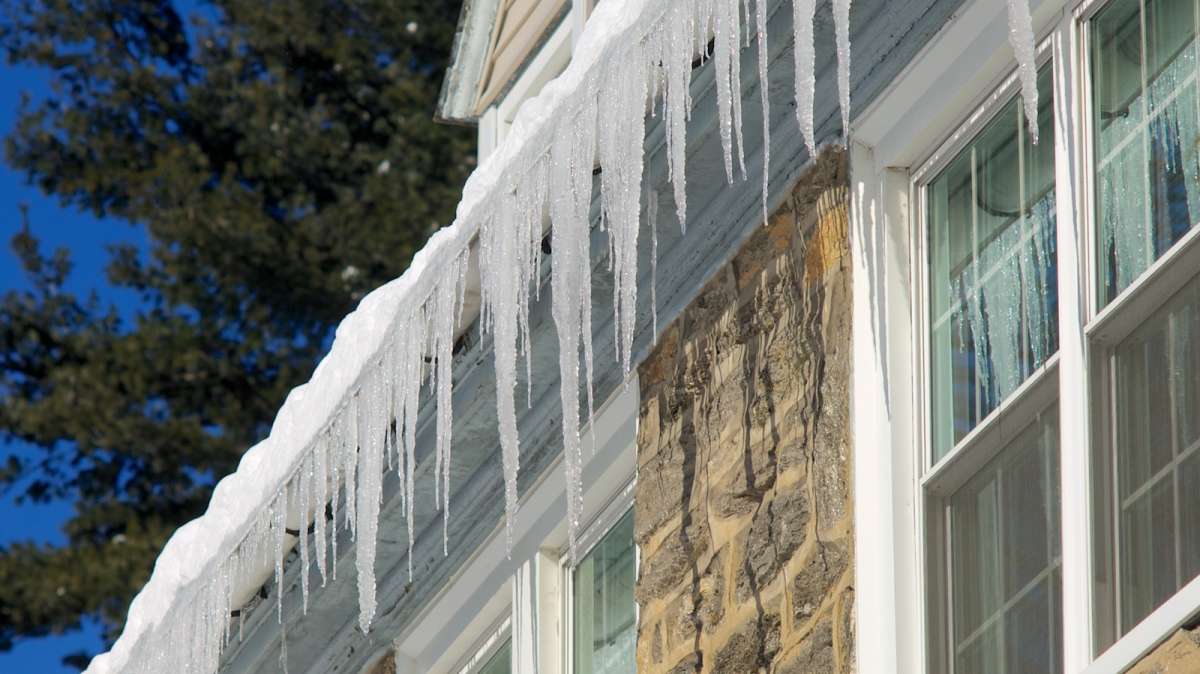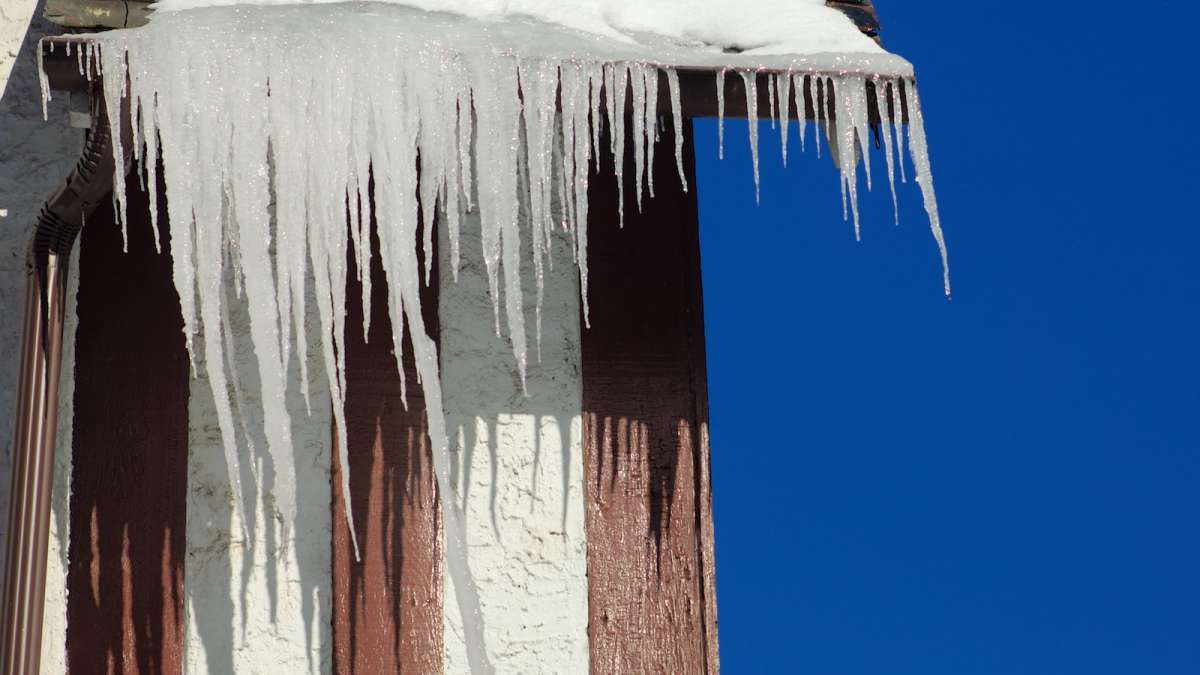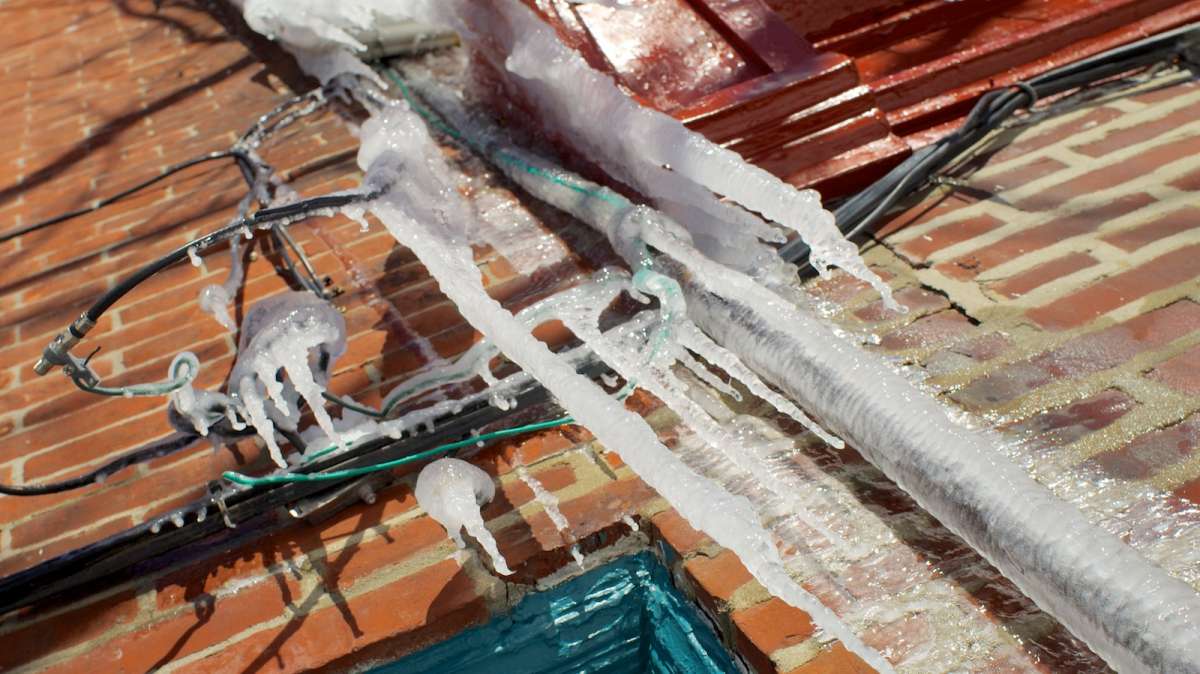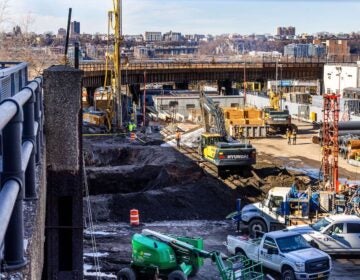Environmentalists doubt Solvay’s claim that Paulsboro’s water is safe
Environmentalists this week rejected a claim by the chemical company Solvay Solexis that there is no threat to the safety of public water supplies as a result of its operations near the South Jersey town of Paulsboro.
The company conducted private testing of the water supplies for cancer-causing PFCs, after public officials found radium exceeding the federal health standard at the site. The state Department of Environmental Protection has downplayed the radium report, calling it a technical violation.
Delaware Riverkeeper Network (DRN), an advocacy group that seeks to protect the river’s watershed, said residents are being exposed to PFNA, a chemical linked to cancer and developmental problems, that has been found in groundwater near the Solvay plant in West Deptford.
PFNA, or perfluorononanoate acid, is part of a class of perfluorinated chemicals (PFCs) that have been linked to some forms of cancer in humans and reproductive problems in animals. PFCs have been investigated by the U.S. Environmental Protection Agency but no official safety standards have been set for the presence of the chemicals in public water supplies.
DRN, which has been urging state and federal agencies to investigate Paulsboro’s water contamination, said residents are facing an increasing threat to their health because the town’s water supply now comes from only one well where the PFNA level is more than three times higher than a guidance level set by New Jersey environmental officials for a similar chemical, PFOA.
“The fact that Paulsboro is only utilizing one well now, well #7, makes this situation even more serious,” Tracy Carluccio, DRN’s deputy director, told NJ Spotlight. “This means they are not able to dilute these high levels at this time by adjusting their water system.
Carluccio, who has called Paulsboro’s water contamination a “public health emergency,” said DRN will be repeating its call to the state’s Department of Environmental Protection to help the Borough of Paulsboro issue public health guidance. She accused the DEP of being “silent” on the issue.
But DEP spokesman Larry Ragonese said officials are working “very closely” with Solvay on the issue.
“They have been very cooperative and have been taking steps to sample water and work on methods to reduce PFNAs in the water supply,” he wrote in an email.
Ragonese said PFNAs can be reduced in the local water supply by installing carbon filtration or reverse-osmosis systems. Those steps can be taken on Paulsboro’s other main well after officials have resolved an issue with naturally occurring radium in that well, he said.
In September last year, Paulsboro officials shut down some wells that were found to contain radium at levels that exceeded the drinking water standard for that isotope. As a result, only one well, #7, remains open.
Chuck Jones, a spokesman for Solvay, said Monday that company tests had found an “elevated” PFNA level of 0.1 part per billion in the #7 well.
While neither state nor federal authorities have set a mandatory safety standard for PFNA, DRN argues that the level of PFNA contamination found in the #7 well “far exceeds” the safe drinking water level.
On January 16, the company issued a statement saying it has been voluntarily testing water for the chemical and had found only one well with an elevated level.
“Based on the data we have seen so far, we do not agree that there is a public health emergency or an imminent threat to the public in Paulsboro or in any of our other neighboring communities,” the statement said.
The company said it was “surprised” to hear the recent claims of a health emergency since the data from the #7 well is similar to those from other wells collected since 2009.
Warning Residents
Paulsboro Mayor W. Jeffery Hamilton warned residents of the contamination in a January 15 letter, and said it’s time for state officials to get involved.
Mayor Hamilton urged Gov. Chris Christie to direct health officials to test residents’ blood for PFNA or similar chemicals belonging to the PFC family. The mayor also said Solvay should provide alternative drinking water sources until the contamination is ended, and that environmental officials should hold a public meeting to help people understand the situation.
Adding to pressure on Solvay, the town said in late December it will seek a federal court order to force the company to clean up the contamination unless it does so independently.
“Groundwater testing has confirmed that the Solvay Solexis facility in neighboring West Deptford has contaminated our public water supply with perfluorochemical compounds (PFCs),” the mayor’s letter said.
“These PFCs have entered the Borough of Paulsboro’s groundwater, have migrated to the Borough’s public drinking water supply wells, and permeated Mantua Creek and the Delaware River in and adjoining Paulsboro,” he said.
The town has hired Bradley Campbell, an environmental lawyer and former DEP commissioner, to represent it. In a December 23 letter to Solvay, Campbell said the company’s PFCs present an “imminent and substantial danger” to the community, and must be addressed under the federal Resource Conservation and Recovery Act. The law requires the polluter to be given at least 90 days’ notice before a lawsuit is filed.
But the water still meets state and federal drinking water standards, the mayor said, reflecting the fact that no official contaminant levels have been set.
DRN’s Carluccio said the state doesn’t have an official contaminant level for PFNA because the Drinking Water Quality Institute, an official body that advises the DEP on safe drinking water standards, has not met since 2010. She accused the Christie administration of “shutting down” the institute.
“Safe levels need to be set right away so water companies, particularly Paulsboro with those levels, will know what their target it,” Carluccio said.
In its January 16 statement, the company said the threatened lawsuit had “complicated” the situation, and had led it to postpone a meeting with town officials that had been scheduled to discuss possible solutions.
“However, we remain hopeful that there remains room for us to have a technical, solutions-based dialogue with Paulsboro about their drinking-water system and quality sometime soon that serves everyone’s best interest, especially the citizens of Paulsboro,” the statement said.
DEP’s Ragonese said the DWQI is set to resume its work “early this year” but is not expected to investigate PFNAs.
________________________________________________________
NJ Spotlight, an independent online news service on issues critical to New Jersey, makes its in-depth reporting available to NewsWorks.
WHYY is your source for fact-based, in-depth journalism and information. As a nonprofit organization, we rely on financial support from readers like you. Please give today.
















